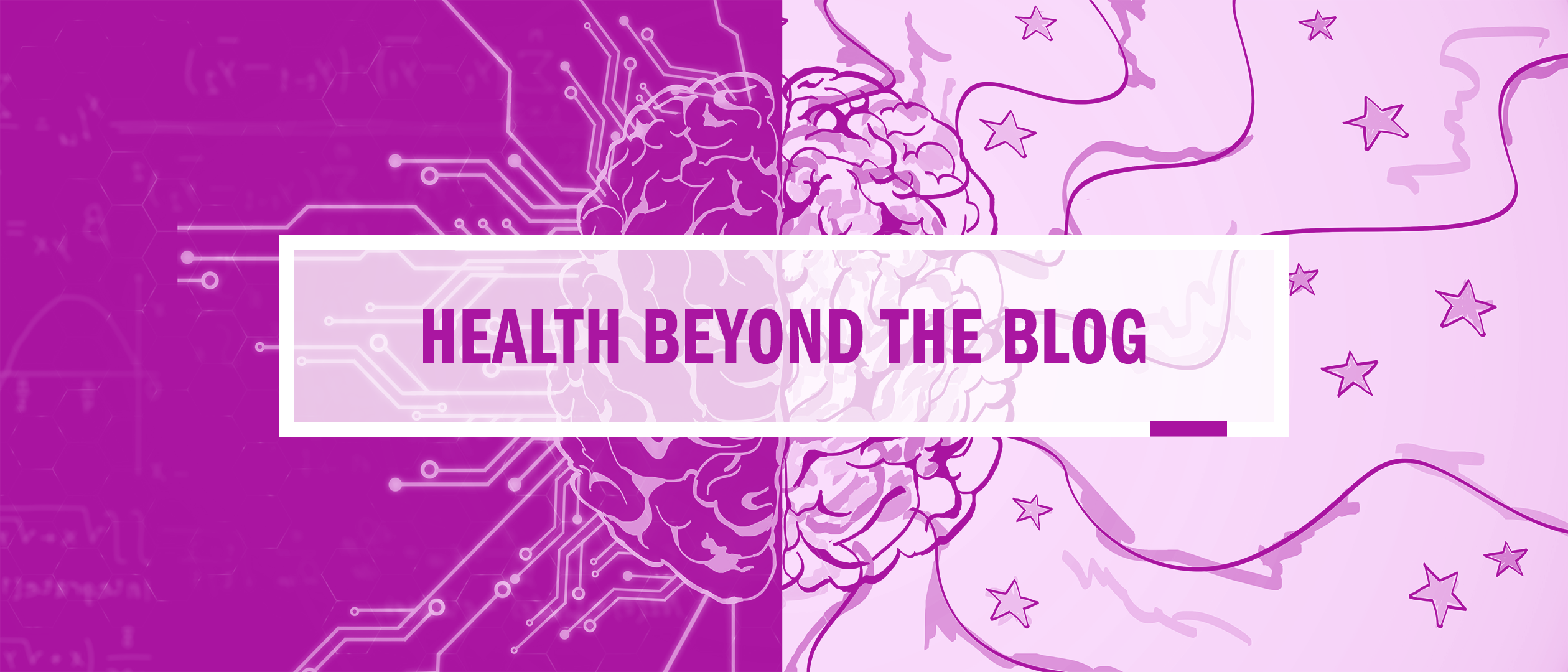New from the @EmoryCSHH News Team: Weight-loss drugs in the UK, why health insurance is tied to jobs, declines in drug overdoses, therapeutic food shortages in Africa, facing dementia and cognitive decline alone.
With Harsh Anti-L.G.B.T.Q. Law, Uganda Risks a Health Crisis
By Apoorva Mandavilli, The New York Times
From 1990 to 2019 Uganda’s campaign against H.I.V. cut its death rate by 90 percent. Now, with Uganda’s new Anti-Homosexuality Act, there are worries that progress will be lost. The new law criminalized consensual same-sex relationships and requires citizens to report anyone they suspect to be engaging in same-sex activities. Being H.I.V. positive and engaging in same-sex relationships can also lead to a charge of “aggravated homosexuality”, which is punishable by death.
While the Ugandan health minister states that the government will ensure access to H.I.V. prevention programs, this does not align with the current reality. Clinics and hospitals estimate the number of people coming for H.I.V. testing, prevention, or treatment has dropped by at least 50 percent. Shelters for people living with H.I.V. have closed, and dozens of healthcare providers and patients have been arrested.
H.I.V. research is also at risk. The new law requires citizens to repeal the identities of study participants.
Protection of gay rights is correlated to the control of H.I.V., now putting L.G.B.T.Q. Ugandan’s at risk. 13 percent of Ugandan men who have sex with men live with H.I.V. Now, many cannot receive care. This article is important to highlight how human rights are linked to health outcomes. Stigma, persecution, and discrimination are all factors in access to care and are now unfortunately evident in Uganda.
By Caroline Hansen
New York City Declares Social Media a Public Health Risk
By Kelsey Ables, The Washington Post
This Wednesday, New York City Mayor Eric Adams announced that the city government has affirmed social media as a public health crisis in the annual State of the City address. Adams called out technology companies such as TikTok, YouTube, and Facebook for contributing to the ongoing mental health emergency, particularly against adolescents.
“Just as the [U.S.] surgeon general did with tobacco and guns, we are treating social media like other public health hazards and it must stop,” Mayor Adams said. This address cements New York City as the first major metropolitan area to acknowledge social media as a public health risk.
New York City Health Commissioner Ashwin Vasan urged the usage of tech-free times and spaces; open and honest conversations at schools; and demonstrating healthy phone habits such as turning off notifications.
From 2014 to 2015, there has been a 22% increase in teens who report they have access to a smartphone, according to the Pew Research Center. While social media allows young people a platform to be creative, independent, and share ideas, addictive tendencies can form. For instance, 35% of teens acknowledge that they are checking at least one social media application – from YouTube to Snapchat – “almost constantly”. Through increasingly targeted advertisements, monetization of user-generated content, and privacy violations, young people fall susceptible to mental health exhaustion.
A significant increase of New York City high schoolers have experienced feelings of hopelessness, isolation, and loneliness in the past decade. In particular, these effects are exacerbated in marginalized groups such as racial minorities and the LGBTQ+ community. Due to these concerns linking social media to mental health, the city underscores a widespread effort to encourage parents to have more control over their children’s online activity.
By Serena Ye
Teen Drug and Alcohol Use Linked to Mental Health Distress
By Matt Richtel, New York Times
Today’s adolescents report lower levels of substance use, as compared to past generations. However, adolescents differ from other generations in another important way: they experience more mental health symptoms. Researchers posit that the populations of adolescents who still use substances may tell an important story about today’s mental health crisis. If drug use is less widespread among adolescents, it may now be easier to isolate the relationship between drug use and mental health symptoms.
To explore this, a recent study published by JAMA Pediatrics screened adolescents for psychiatric symptoms, as well as substance use. The study drew upon data collected from 15,600 Massachusetts high schoolers, as well as 17,000 respondents to the national Youth Risk Behavior Survey. Its results were significant; they revealed a positive correlation between use of substances and psychiatric symptoms among adolescents. This correlation was present whether adolescents were consuming nicotine, alcohol, or marijuana.
Interestingly, this relationship was observed regardless of the level of drug use. Still, the intensity of substance use did affect the strength of the correlation. Adolescents who used drugs daily often also exhibited more serious mental health symptoms than those who used drugs less frequently. This implies an important connection between the dosage of substance use and mental health. While adolescents who use substances less frequently may be using drugs as a coping mechanism for mental health symptoms, frequent substance users are likely exacerbating their psychiatric symptoms.
By Lydia King
Items contributed by: Caroline Hansen, Serena Ye, Lydia King

